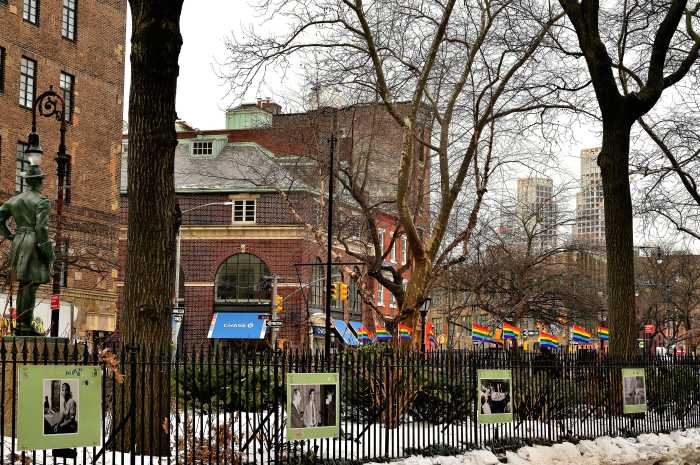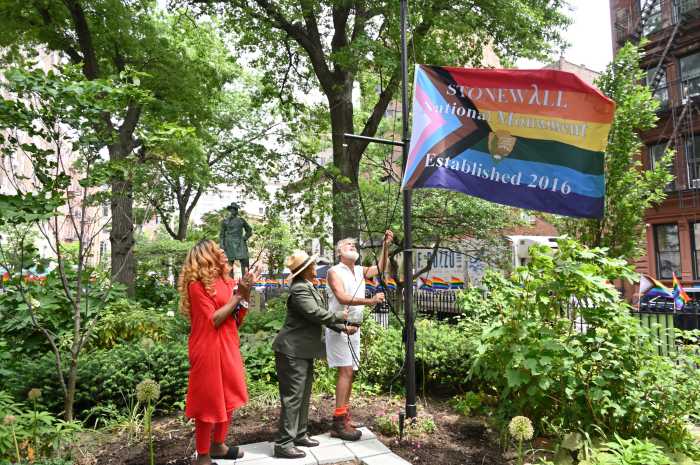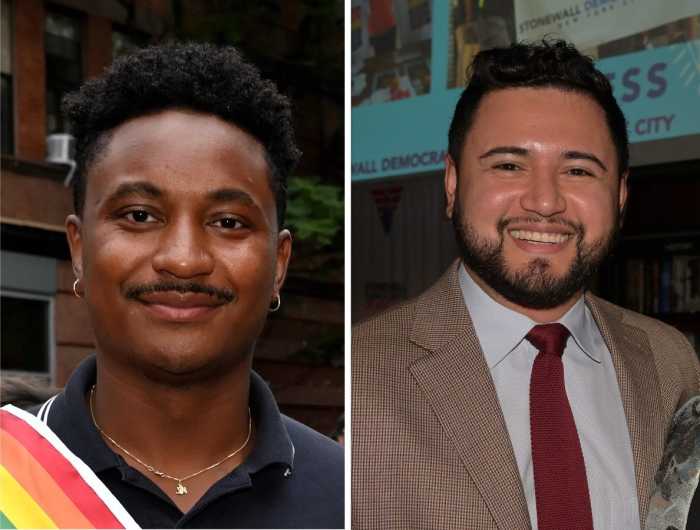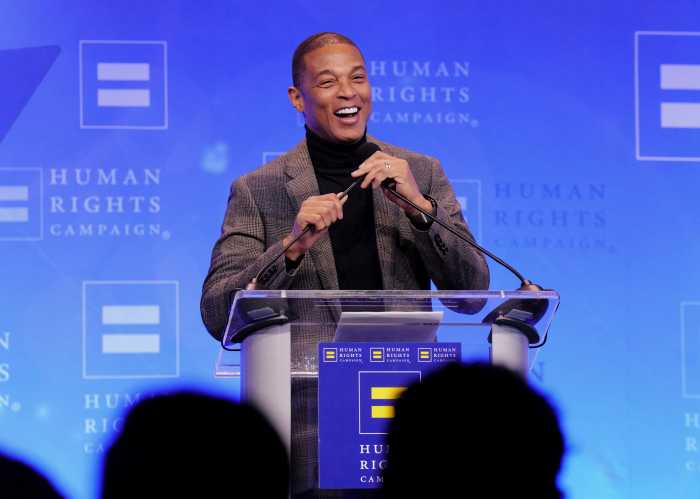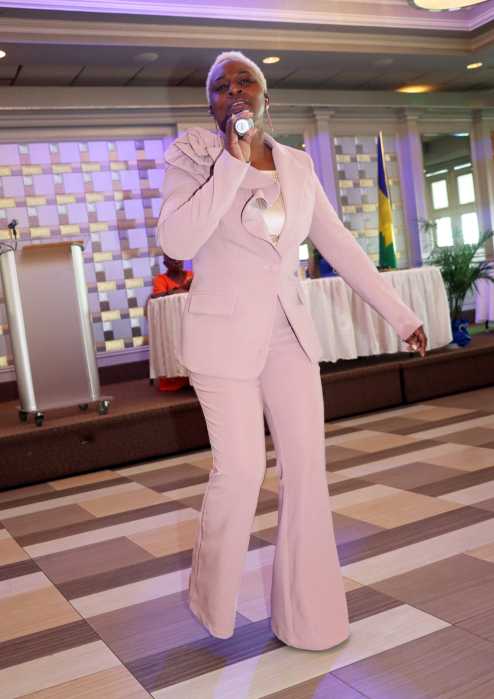Gay exile, 28, now in Pakistan tells of eight-day ordeal after Internet snare
As the Islamic Republic of Iran’s lethal anti-gay pogrom—the government’s intense persecutions of its own citizens for homosexuality—continues, the victims of this oppression, despite great obstacles, continue to try to flee from the largest religious prison in the world to tell the story of the inhuman treatment they have suffered.
The latest escapee to testify to this anti-gay reign of terror is a 28-year-old man caught up in the government‘s extensive Internet entrapment campaign targeting gay men. We’ll call him Sam, and we cannot identify his hometown so that his real identity can be protected.
Sam is the son of a very religious family, most of whom do not know he’s gay. He lived in a small town in which—like so many in Iran—most of the people are also intensely religious, consider homosexuality the ultimate sin, and agree with the Islamic Republic’s law mandating the death penalty for any person caught in a homosexual act. Isolated and unable to frequent his few gay friends, constantly living in fear of being arrested and tortured, perhaps executed, Sam became increasingly depressed, and even attempted suicide.
Because there is nowhere in Iran where gay people may legally assemble—private gay parties are frequently raided by the police, and the government has an extensive network of gay informers whose cooperation has been obtained by torture, blackmail, and intimidation with threats of prison or death—like many gay Iranians, particularly those outside the largest cities, Sam’s only way of meeting other gay people was through the Internet. Here, translated from Persian, is his story:
Last Spring, Sam related, “I was in a gay Internet chat room for Iranians. A boy in the chat room was sending repeated messages saying that he was looking for a sex partner and was up for anything. He said he was 23 and very handsome. I finally got up the courage to arrange a rendezvous with him somewhere in town—he said that after meeting we could then go to his house, as there was no question of his coming to mine.
“We met at 3 o’clock in the afternoon, and, as the young man was very good-looking, I agreed to go with him by taxi to his home. A taxi rapidly arrived—there was a person sitting in the front next to the driver, and another in back. We got into the taxi, and my new friend suggested that I should be the one to sit in the middle in the rear, with him sitting next to me.
“As we drove away, it didn’t take long for them to shove my head down between the rear and front seats and begin beating me. They put a blindfold around my eyes, calling me all sorts of names and threatening me with the worst as the blows continued to rain on me.”
It turned out that the young man Sam had met in the chat-room and the others in the taxi as well were basiji. The basiji are an unofficial religious parapolice composed of thugs under the control of the Intelligence Ministry and operating with the sanction of the religious authorities. They are recruited from the criminal and under-classes, and are employed by the Islamic government to do its strong-arm dirty work. For example, when the government repressed student demonstrations in universities last year, it was the basiji who were assigned to beat the student demonstrators and throw them out of the windows, so that the government could deny responsibility for these violent repressions, in which a number of students were killed.
The basiji are a potent weapon frequently used in the government’s anti-gay crackdown, and it is from their ranks that the human bait used in its Internet entrapment campaign is recruited. Many of the basiji are young.
“After about 15 minutes,” Sam continued, “we arrived at a location—as I was blindfolded, I had no idea where I was. I was in a state of shock—I could not believe this was happening to me. They eventually took off my blindfold, and then began the worst event in my life. I was surrounded by men in civilian clothes, all of them wearing pagers, and some of them were armed. They all had beards, and some of them were quite young, in their late teens. Their boss was almost bald, and had a big stomach—he’d had a turban around his head he would have looked like a mullah, perhaps he was a mullah in civilian clothes, I don’t know. I quickly concluded I was in some sort of basiji headquarters. It was an old building. Part of it was a school.
“After several hours of torture, they asked me to write a statement in which I would promise not to ever use a gay chat room again—if I did, they told me, even heavier punishment would be waiting for me. They told me that if they had caught me having sex they would have hanged me.
“I refused to sign their statement, so they began beating me with a heavy metal cable. God knows how barbarous it was—they beat me at least 30 times, while kicking me with their shoes. I couldn’t bear the pain any more, and I begged them to stop. I knew they would not stop until they had the signed statement in their hands, and that is why I agreed to sign it.
“But even when I got up from the floor to sign their statement, I asked why. This made their boss very mad, and he ordered his men to resume beating me with the heavy cable, which they did while yelling more threats and insults. The screaming intimidation felt like a hammer on my brain, it was worse than the cable and the beatings. One of them hollered, ‘We’ll round up all you fags until there aren’t any left to make a chat room and play your fag games.’
“The beatings, verbal abuse, and intimidation continued until 8 p.m. the next day. I was finally thrown into a storage room—the room was filthy and full of rubbish and had a very bad smell. They kept me locked up in that stinking little room for seven or eight days.
“One day they finally let me out, once again blindfolded me, and shoved me into a car. We drove around for about 30 minutes—but it seemed like 100 years because they were beating me all the time. They dropped me off somewhere and told me not to take off my blindfold until they’d left. When I could no longer hear the sound of their car, I took off the blindfold and saw I was on a deserted dirt road somewhere outside town. I finally flagged down a truck and persuaded the driver to drop me off in town.”
When he got home, Sam said, he faced intensive questioning from his family, who wanted to know where he’d been.
“But they do not know I’m gay, so I had to lie to them. But I could not give them a plausible answer. I finally called a friend and asked him to take pictures of my wounds and bruises from the beatings so I’d have some evidence—but my friend doesn’t know I’m gay either, so I had to lie to him too. I was afraid if I told him the truth the situation would go from bad to worse, so I said the basiji had caught me when I was drunk and beat me. When I got back home, the only member of my family to whom I could tell the truth of what had happened was my brother, who left Iran four years ago, and who is also gay—so I sent him an e-mail.
“I had never considered leaving my country before this horrible episode,” Sam said, “but after it I could sense the shadow of death and torture on my back, so I decided to escape to save my life.”
It took Sam six months after his kidnapping by the basiji before he could arrange to escape from Iran. Four months ago, Sam made his way to Pakistan. There, he filed a request for asylum with the UN High Commissioner for Refugees, and eventually got in touch with the Persian Gay and Lesbian Organization, the largest Iranian gay organization, which has secretariats in several countries. The PGLO, which has helped this reporter in previous stories about the gay tragedy in Iran, asked me to help Sam tell his story to the world.
“Iranian homosexuals have had all their rights taken away from them, and face a bitter destiny,” Sam had said.
Sam today is in Pakistan, still waiting for the UNHCR to recognize as legitimate his demand for asylum in a gay-friendly country.
There are many other gay refugees from Iranian terror like Sam, almost all of them in dire financial straights and living a precarious existence, constantly fearful that the countries they’ve managed to flee to will deport them back to Iran, where a dire fate awaits them. The PGLO desperately needs financial and moral support—and help in obtaining asylum for these gay refugees. To find out how to help, contact the PGLO through the English-language page of its website, at pglo.org.
Doug Ireland can be reached through his blog, DIRELAND, at http://direland.typepad.com/direland/.
gaycitynews.com


